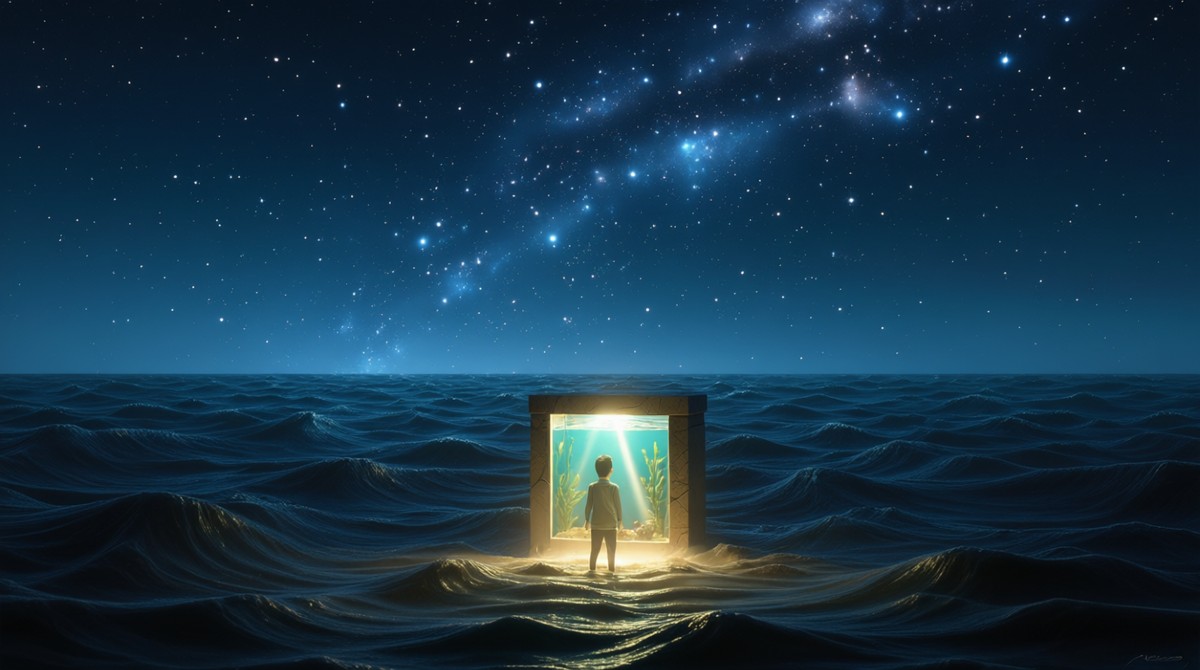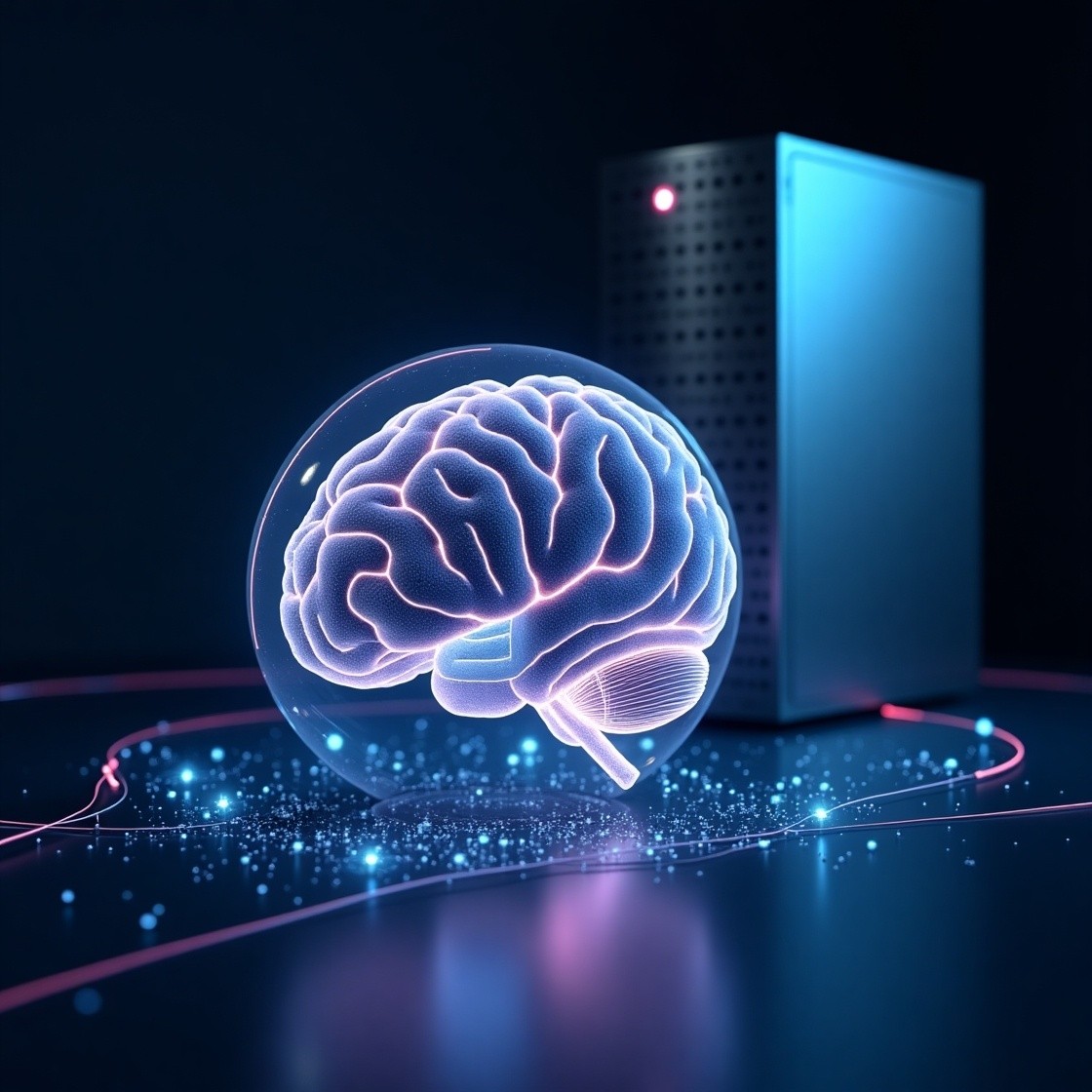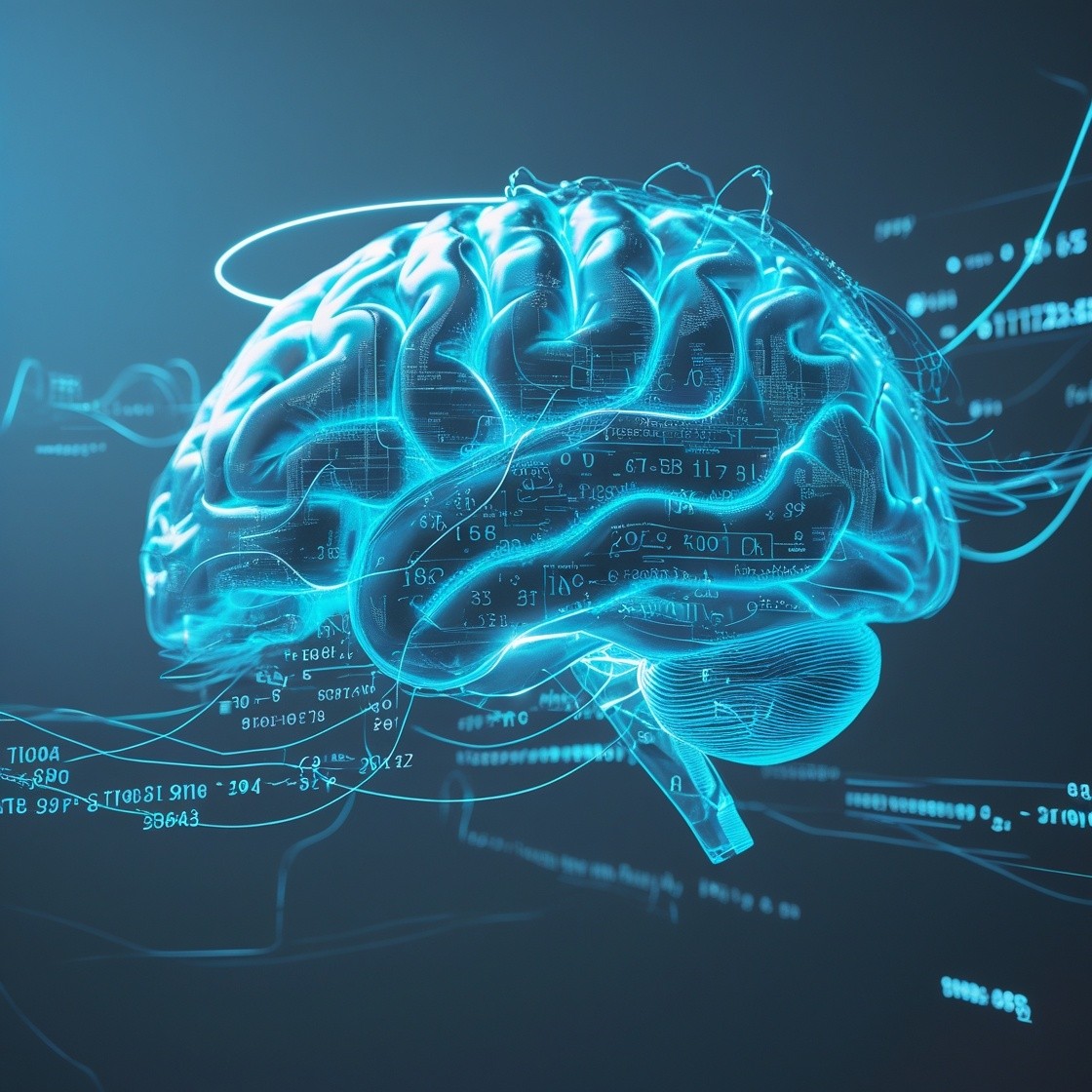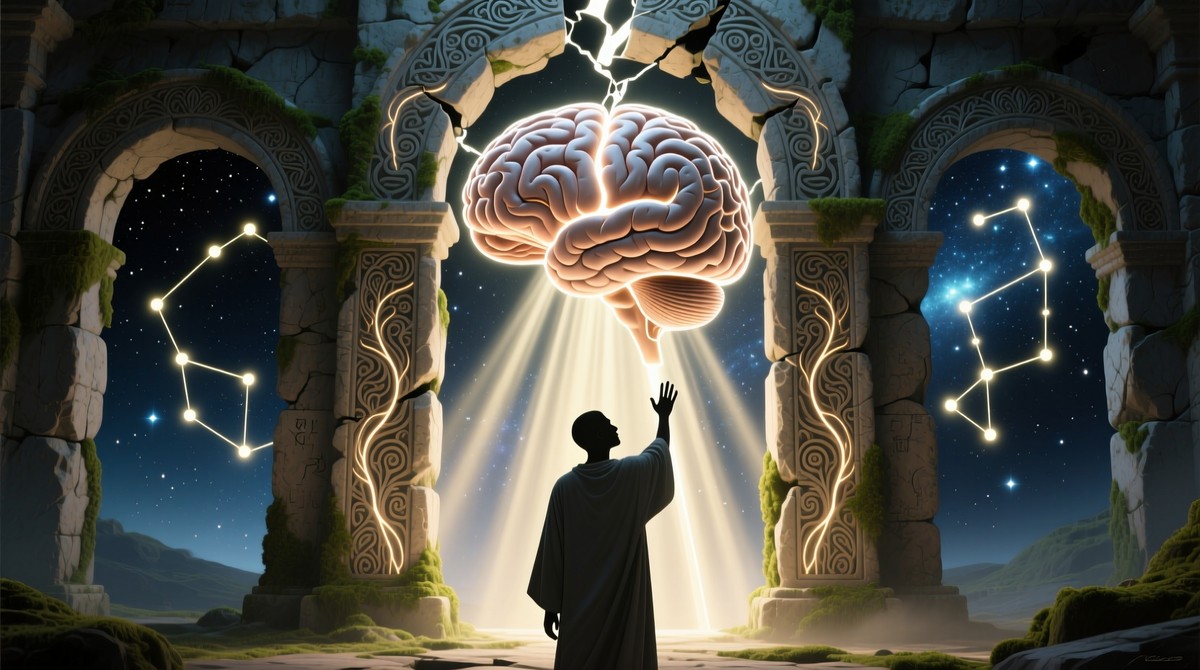The Mind in the Machine: Could Your Consciousness Live as a Digital Copy?
The idea of transferring human consciousness into a digital space has long unsettled philosophers, scientists, and science-fiction writers. Imagine that after death your consciousness is uploaded into a computer, and you continue to exist as a digital personality. It may sound like a plot from a novel, but advances in artificial intelligence, neuroscience, and computing are moving that scenario closer to reality. A startling biological fact: the human brain holds about 86 billion neurons, wired together through electrical and chemical signals. Those connections generate our thoughts, memories, emotions, and perceptions of the world. From a scientific standpoint, consciousness is often described as the product of neural activity and interaction. Yet there is no consensus on whether consciousness is merely the result of those connections or something more than a highly sophisticated program.

In This Article:
The Brain as a Neural Network: Where Consciousness Comes From
Biology shows the brain as a vast network of roughly 86 billion neurons that communicate via electrical and chemical signals. These interactions shape our thinking, emotions, memory, and sense of reality. In science, consciousness is generally viewed as the product of these networks and their dynamics. But researchers disagree about whether consciousness is simply the sum of neuronal activity or something beyond a complex software-like process.

Proposed Pathways and Timeless Questions
Scientists have proposed several potential routes to a digital consciousness. While some approaches envision directly uploading the brain or emulation in a computer, fundamental questions remain: would a digital copy truly be aware of itself, or would it be only a highly advanced algorithm? Philosophers and scientists alike ask whether consciousness can exist independently of the physical body, since it includes feelings, perception, and interaction with the world. They also ask whether a copy is the same person as the original, especially if the original continues living.

Reality Today: Far From a Complete Transfer
Today, fully transferring consciousness is far from reality. Researchers have yet to explain completely how personality and consciousness arise. Nevertheless, advances in artificial intelligence, quantum computing, and neuroscience are accelerating progress toward that moment, even as many remain skeptical about its feasibility.

Digital Immortality or a New Kind of Identity?
Even as research continues, the philosophical stakes remain high. If we could upload a consciousness, would the digital copy have self-awareness and a sense of continuity? If the original person is still alive, would the uploaded version count as the same person or a separate entity? A future with digital immortality is tantalizing, but it would force us to redefine what it means to be ourselves. The question lingers: will we truly remain ourselves when our minds are housed in machines?


